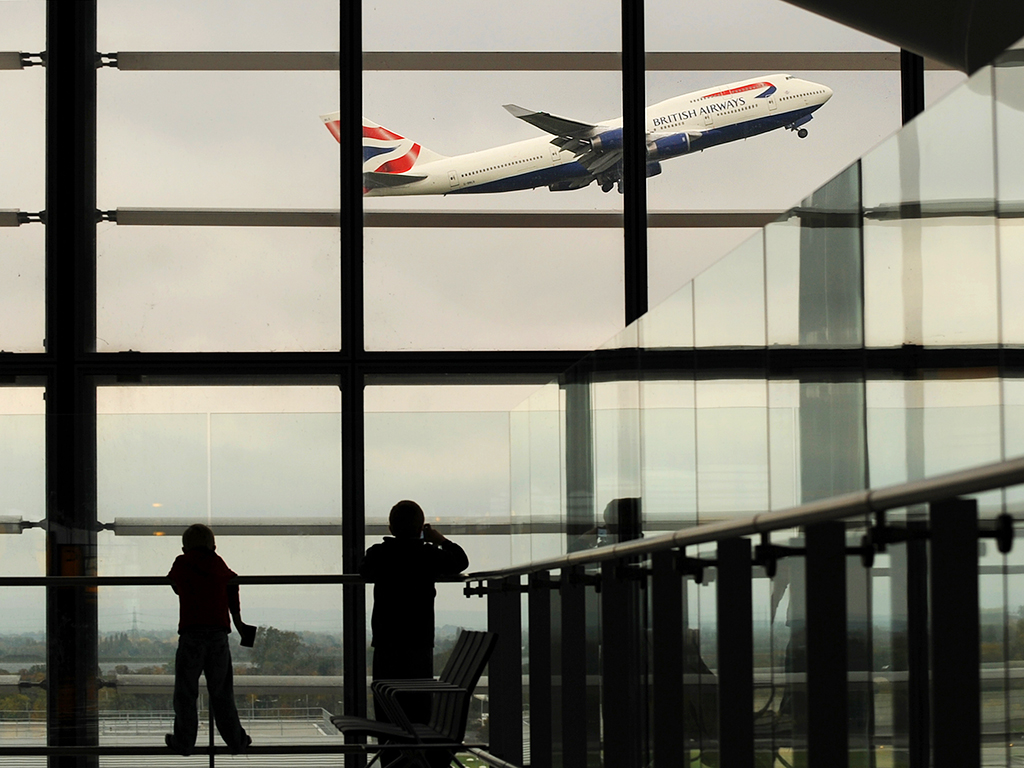
Long-distance rail prices have increased over the past decade while the cost of flying short distances has fallen, according to the Climate Change Committee (CCC)’s 600-page progress report on the UK government’s net zero strategy, published on Wednesday (29 June).
The report found that the government is “failing” on its net zero strategy, thanks to poor policy implementation in a number of areas including the aviation sector (which accounted for 3 per cent of UK emissions in 2021). Government announcements on the sector have not “set any ambition to constrain aviation demand growth through policy, beyond vague proposals on carbon pricing”, the report said.
One barrier to constraining demand for flying is pricing – short-haul business flights, for example, are now 15 per cent cheaper than they were in 2010 thanks to “efficiency improvements”, while long-distance rail travel is 32 per cent more expensive, according to the CCC’s analysis of data from sources including the Office for National Statistics and the Office of Rail and Road rail fares Index.
To mitigate the demand for flying and reduce its consumption, this growing affordability gap must narrow, as “prices of air travel ought to be more expensive than lower emission modes to reflect the higher emissions of air travel relative to alternatives”.
While air travel emissions have declined sharply since the Covid-19 pandemic, it’s uncertain whether this trend will continue. Despite the drop in demand, fossil fuel use per passenger kilometre was more than two thirds higher in 2020 than in 2019, thanks to flights with a lower proportion of seats being filled. That includes an increasing number of “ghost” flights – those with no passengers whatsoever.
Although consumer sentiment towards flying is changing (in 2021, two in five people said they consider the impact of their flying habits on the environment, compared with one in five in 2016), just 4 per cent of consumers opt for carbon offsets when available, despite the proliferation of offsetting schemes (which are generally of low quality, the CCC added).
[See also: Why your flights keep getting cancelled]






